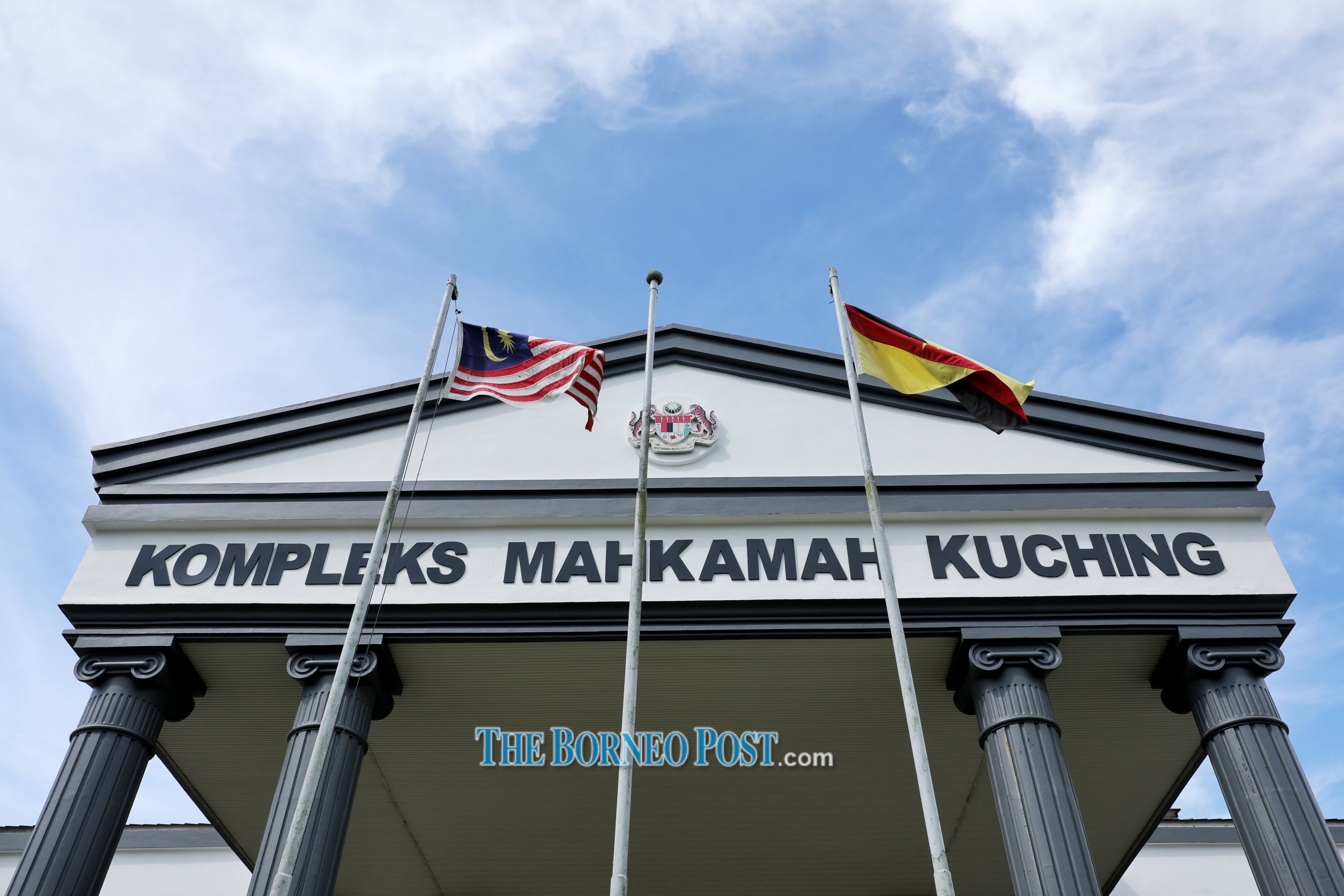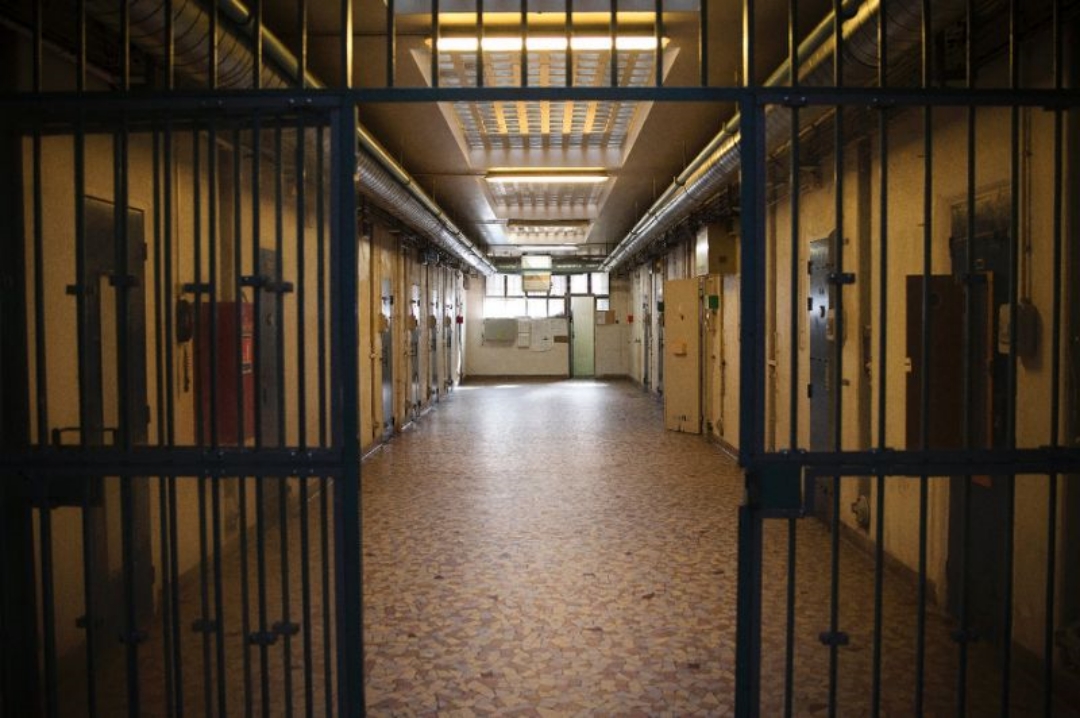ADVERTISE HERE
 Shankar (third right) and Wee visiting the construction of the Sri Maha Mariamman Temple at Rock Road on Jan 25, 2024.
Shankar (third right) and Wee visiting the construction of the Sri Maha Mariamman Temple at Rock Road on Jan 25, 2024.By Karen Bong
KUCHING, Jan 25: Skilled ‘Sthapatis’, specialising in traditional Hindu temple architecture, construction and sculpture, all the way from India, are observing stringent rituals, including a pure vegetarian diet, as they are dedicated to transforming the Sri Maha Mariamman Temple at Rock Road here into the tallest Hindu temple in Borneo.
Sri Maha Mariamman Temple Association Kuching president Shankar Ram Asnani revealed that the renovation progress has reached 70 per cent, with the completion targeted for August this year.
“We have engaged the services of specialised builders called Sthapatis, renowned for traditional temple construction and have executed many projects including in Singapore, Kuala Lumpur, Penang and Indonesia.
“These builders and sculptors specially brought in from India are now working on the intricate carvings around the temple, akin to decorative icing works. This meticulous work is moving at a slow pace because it is no easy task.
“These artisans have been here for over a year and when they build the temple, they don’t eat meat but purely vegetarian, and conduct prayers as they build. It cannot be done simply as there are a lot of rituals to be applied,” he told reporters before the Thaipusam procession at the temple vicinity today.
 A closeup of the sculpture detail on the Sri Maha Mariamman Temple at Rock Road.
A closeup of the sculpture detail on the Sri Maha Mariamman Temple at Rock Road.According to information online, a traditional temple can only be built by a Sthapati, who is a highly skilled and trained individual with a long lineage rooted in the art. Given that a temple is a sacred place that is much more than four walls and a roof, its construction involves sacred geometry and proportions to create a harmonious ambience and environment from wisdom that has been passed down through generations.
Despite the deliberate pace of work, Shankar emphasised that the Sri Maha Mariamman Temple will stand as the tallest in Borneo and the second tallest in Malaysia, featuring a five-level structure with a shrine at its pinnacle.
“If we have bigger land space, we could have built it seven storeys high but this one is five levels.
“We expect it to be completed by June followed by painting work which could stretch into August,” he explained.
Temple construction commenced in 2019 with an estimated cost of RM3.7 million, with Shakar anticipating that the delays due to the Covid-19 pandemic may push expenses higher.
Nevertheless, he expressed his gratitude to Premier of Sarawak Datuk Patinggi Tan Sri Abang Johari Tun Openg for allocating RM2.5 million for the construction of the temple.
Kuching South City Council (MBKS) Mayor Dato Wee Hong Seng, who graced the Thaipusam celebration, shared the hope of witnessing the temple’s completion in the coming months, envisioning it as the most beautiful temple in Kuching city. — DayakDaily










 English (US) ·
English (US) ·